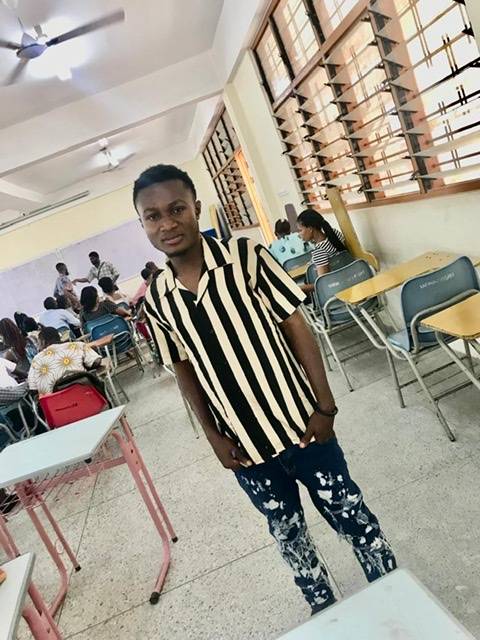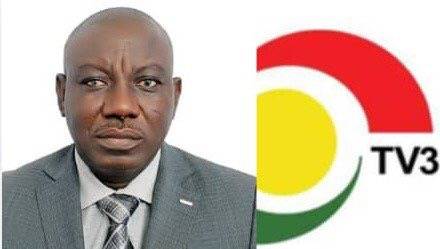Bolgatanga Central MP Isaac Adongo has ignited a firestorm of controversy following his outright rejection of an invitation from TV3 to engage in a debate with his political rival, Atia Figo Awonekai, the candidate from the New Patriotic Party (NPP) in the same constituency. Adongo, who is campaigning for re-election on the ticket of the National Democratic Congress (NDC), expressed his sentiments candidly while addressing a gathering of his supporters in Bolgatanga. He declared, “TV3 can go to hell. I have more important work to do in other constituencies like Binduri and Tempane, and I won’t waste time on their debate.â€
The proposed debate was part of TV3’s Community Manifesto program, which aims to facilitate discussions among parliamentary candidates regarding critical issues affecting their constituencies. Unfortunately, the event in Bolgatanga Central encountered numerous delays and was postponed multiple times, ultimately being rescheduled for later in the evening. Reports suggest that the disruptions were exacerbated by the actions of the NPP candidate’s team, which allegedly included threats aimed at the network’s equipment, compelling the organizers to delay the event.
Adongo’s decision to snub the debate has sparked a flurry of discussions across the political landscape. His opponents, particularly those aligned with the NPP, are vocally questioning his motives for avoiding a direct confrontation with Awonekai. They argue that engaging in a debate would provide a platform for Adongo to articulate his vision and defend his record. In contrast, supporters of the NDC are rallying behind Adongo, contending that his extensive track record in Parliament speaks volumes about his capabilities and that participating in a debate with Awonekai would be an unproductive use of his time.
As one of the more prominent figures in Ghanaian politics today, Adongo’s decision to dismiss the debate has added a fascinating layer of complexity to the upcoming elections scheduled for December 7. His unapologetic stance, combined with his assertion that his priorities lie elsewhere, has only served to heighten interest and speculation around the electoral race in Bolgatanga Central.
The implications of Adongo's bold move are yet to be fully realized, leaving observers to ponder whether his refusal to engage in the debate will resonate positively with voters or ultimately backfire. Regardless of the outcome, it is clear that his decision has ensured that he remains a focal point of media coverage and public discourse as the election date approaches. With the political climate growing increasingly charged, Adongo’s actions will likely play a significant role in shaping voter perceptions and influencing the final results in Bolgatanga Central.




No comments yet
Be the first to share your thoughts!